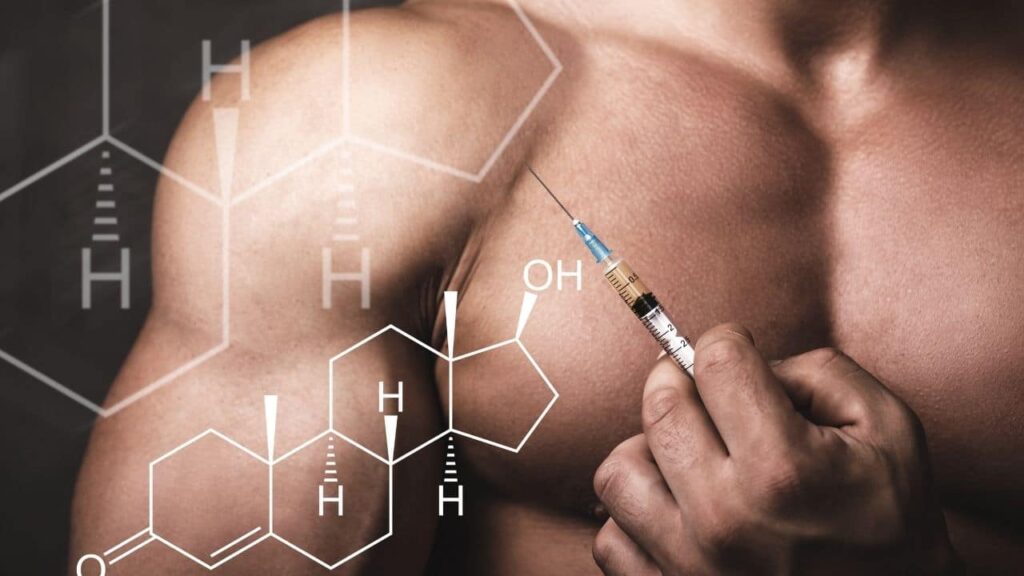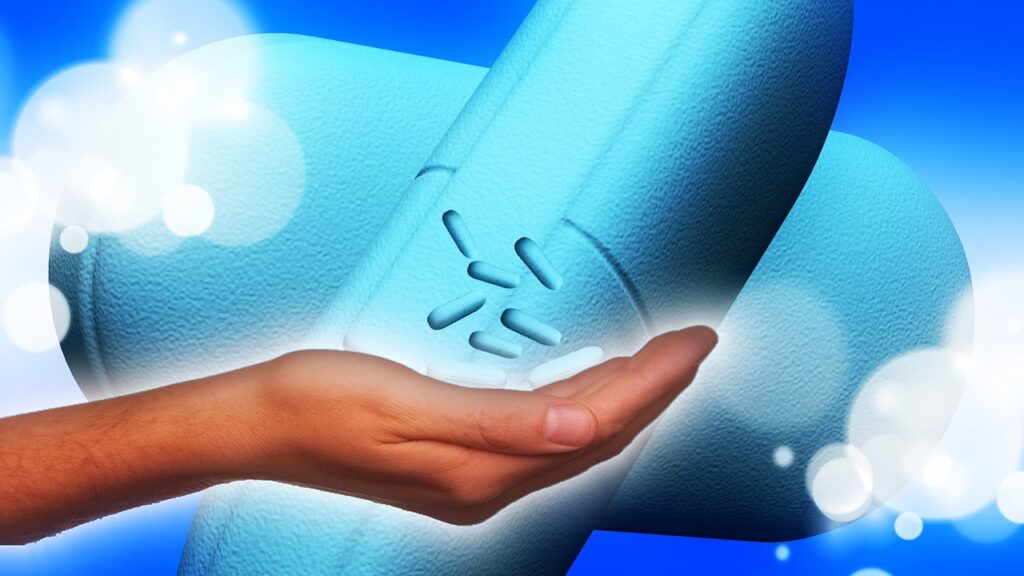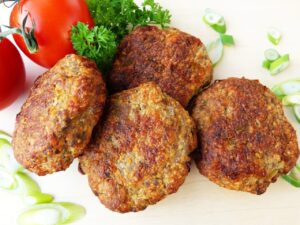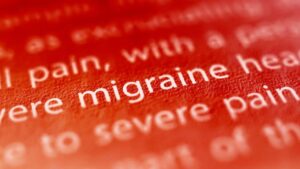TESTOSTERONE BOOST

Testosterone is a hormone produced within the testes. It promotes the progress of male sexual characteristics and is crucial for sexual health. This hormone is liable for male sexual and reproductive functions like growing beards, voice deepening, toning muscles and bones, and influencing reproduction. Though testosterone is related to masculinity, it is additionally present in women in much lower quantities.
Adequate amounts of testosterone are beneficial to health like sexual features and sufficient red blood cells, lowering the risk of hypertension and cardiac arrest.
Factors that may lower testosterone levels
Testosterone levels may decrease when the male reproductive organs (testicles) do not produce enough testosterone (We going to explain about some factor below). A decrease in testosterone levels may be as a result of any of the following conditions:
Causes of Testosterone deficiency
Several factors may cause a deficiency of testosterone. Some of them include autoimmune disease, pituitary gland problems, and aging.
Aging is a factor leading to reduced testosterone production. A decrease in testosterone causes a decrease in estradiol as well. Testosterone levels are at peak value in ages 20 -30 and tend to reduce after 35.
Since the pituitary gland sends signals to the testicles to start producing testosterone, problems in the pituitary gland can also affect men’s health.
In 1937, testosterone was first prescribed as a clinical drug. Treatments are available for men who do not have enough testosterone production. Treatment of hypogonadism regulates testosterone levels, which can contribute to improvements in certain health conditions, like muscle and bone health, improved mood, and elevated energy levels.
This fat-soluble vitamin is also known as the “sunshine vitamin.” Sunlight triggers the production of this vitamin in the human body. Limited sun exposure can lead to diminished levels of vitamin C. Sunlight exposure can significantly regulate (boost) testosterone levels, resulting in improved hormonal balance and improved men’s health. A vitamin D supplement and vitamin D-rich food can help eliminate vitamin D deficiency.
Magnesium directly affects testosterone production, as magnesium converts vitamin D into its active form. A daily intake of 30 mg is recommended by health authorities (FDA) to ensure healthy testosterone levels.
Zinc is an essential nutrient, and its deficiency can hinder testosterone production. Usually, athletes and people who sweat a lot tend to lose more zin. So, they are more prone to zinc deficiency. Sources of zinc include grains and nuts. The recommended daily intake of zinc for men is around 11 mg, and exceeding the recommended intake may cause nausea and vomiting.
Also known as Puncturevine, Tribulus Terrestris is an ancient herb used in medicine for centuries. Nowadays, its effects on sexual health are being investigated, and some evidence suggests that it may increase libido.
Dehydroepiandrosterone is a hormone produced by adrenal glands and ensures healthy levels of estrogen and testosterone. DHEA supplements are also available in the market and may benefit people with low testosterone levels. The use of DHEA is banned in sports.
Symptoms of low testosterone
The most common symptom of low testosterone is low libido. Other symptoms include:
How to boost testosterone levels
Testosterone boosting therapy, also known as testosterone replacement therapy, can help avoid the problems related to low testosterone levels.
Using testosterone replacement therapy can increase bone density and muscle strength, contribute to loss of body, improve sexual drive and erection, increased mental alertness, improved mood, and self-esteem.
These benefits that come from testosterone replacement therapy is achievable in one or more of the following ways:
Using medication to boost testosterone levels
Risks of using medication for enhancing testosterone levels:
- Using a testosterone gel could cause skin irritation and affect a person who comes in contact with the person who has applied it.
- Testosterone replacement therapy could lead to prostate cancer for men who have an enlarged prostate, causing urination problems.
- Testosterone boosting medication can contribute to breast cancer, increased red blood cells, and decreased sperm count.
- Some medications can lead to oily, acne-filled skin.
- There is a risk of excessive hair growth.
- The medication can result in congestive heart failure.
Using natural remedies and lifestyle change to boost testosterone levels
Natural remedies, food, herbs, and lifestyle changes can positively boost testosterone hormone levels.
Lifestyle
Food
Testosterone hormone is produced in the body using fat-soluble vitamin D and zinc. Therefore, it is necessary for anyone seeking to spike their
testosterone levels to consume food rich in these two nutrients. Examples of these fat-soluble vitamins and zinc-rich foods include
Some varieties of food lower testosterone levels or make it difficult for the body to use this hormone. A number of these are:
Herbs
Some herbs are known to spike testosterone levels. The foremost common research-based herbs include:
TESTOSTERONE SUPPLEMENTS

SUPPLEMENTS
Supplements employed in the treatment of low testosterone levels in either of the following two ways:
The most common supplements are:
Conclusion
Generally, a healthy lifestyle will keep testosterone levels at a normal range.
Eat a properly balanced diet that provides all the necessary nutrients and mainly composed of fresh rather than processed food. Regular active exercise, controlling weight gain, and avoiding drug and alcohol abuse are good ways to prevent the risk of having low testosterone levels. When it comes to genetically caused low testosterone, there are still no known ways of prevention.
Most of the overhyped products advertised as testosterone boosters are available in the market, but the truth is that they do more harm than good. Although some of the supplements may work, they are still not a healthy alternative to a balanced diet.
ABOUT THE AUTHOR
TATYANA DYACHENKO
Tatyana is a part-time sex, health and CBD blogger with a handful of magazines and blogs. Tatyana has been featured in magazines such as Cosmopolitan, Teen Vogue. Vice, Tatler, Vanity Fair and many others. Tatyana enjoys pursuing her flare for creativity through modelling, graffiti art, astronomy and technology. She also enjoy cycling across London on an iconic Boris bike that has come to define London. You are most likely to bump into Tanya in Brick Lane or Camden Town where she enjoys spending most of her time.




